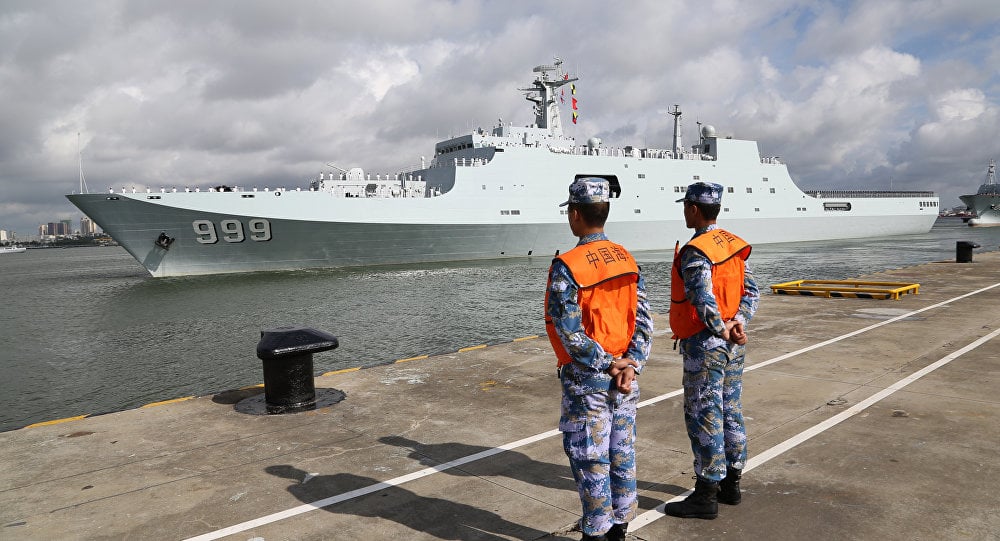
Secretary of State Mike Pompeo said China is operating under a “fundamentally false assumption” that the United States is “a declining nation” rather than a country fully committed to preserving a rules-based world.
“Turning the other cheek” to Chinese bullying, human rights violations, intellectual property theft and grasping for global hegemony “no longer made sense” to the Trump administration.
Speaking Tuesday at an Atlantic Council online forum, he said the administration’s foreign policy’s strategy is to ensure the “rules-based system … is the dominant force for this century.”
“The American people fundamentally need to see the threat” from China as broad-based and immediate. He added that America’s European allies are realizing how “tens of millions of jobs [have been] stolen” by China’s technological espionage and trade practices.
“My view is, the tide has turned” against China, not only in Europe but in Southeast Asia and in Africa, in part due to Beijing’s early cover-up of the COVID-19 outbreak. This growing skepticism also has caused developing nations to examine more closely their infrastructure contracts with China. “When the Chinese show up and say it’s free, it’s not.”
Discussing Huawei, China’s largest telecommunications, Pompeo said the United States’ insistence that “information coming to our embassies may only come from trusted vendors” has spurred European and American companies to invest in 5G technology.
U.S. concerns over national security also caused long-term Huawei customers, such as the United Kingdom, to re-examine their contracts for 5G development. London eventually terminated its contracts.
“I’m confident [their offerings] will be cost-effective [and at a] competitive cost,” despite Beijing underwriting some private company expenses to keep costs down. “Western technology will dominate the telecommunications market.”
“The central pillar of [China’s] power is its economic might,” and the United States and its allies and partners in Europe and the Indo-Pacific are not going to let that go unchallenged. The Chinese “are not 10-feet tall” militarily, diplomatically and technologically, Pompeo added during the speech.
Pompeo was speaking on the day Israel, the United Arab Emirates and Bahrain formally signed agreements opening diplomatic relations. “The only countries who vehemently denounced this were Iran and Turkey.”
“We took a different view” on how to achieve peace arrangements in the Middle East, he said. Instead of giving the Palestinians “veto power” over any accord, the administration pursued a policy that recognized “the threat of extra-territorial ambitions of the Islamic regime of Iran.” The goal was to foster closer relations among like-minded nations in the region.
Since the 1979 Islamic revolution in Iran, its Shiite regime has been at odds with Sunni Arab states, working to overthrow their governments through internal subversion as it has tried in Iraq and through Hezbollah in Syria and elsewhere in the Persian Gulf region. Additionally, since the revolution, Iran’s policy is to destroy Israel as a state.
Pompeo said the agreements to exchange diplomats will come with great implications for Iran, further isolating Tehran in the region and drying up income that it has spent supporting militias abroad and Hezbollah to undermine other governments.





